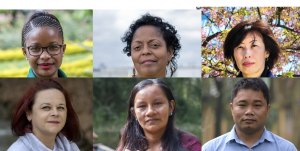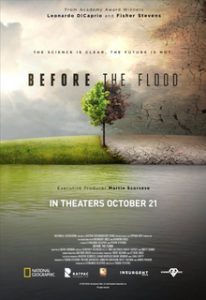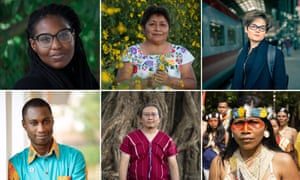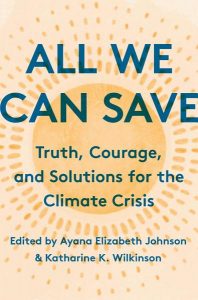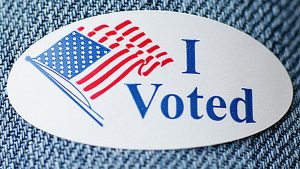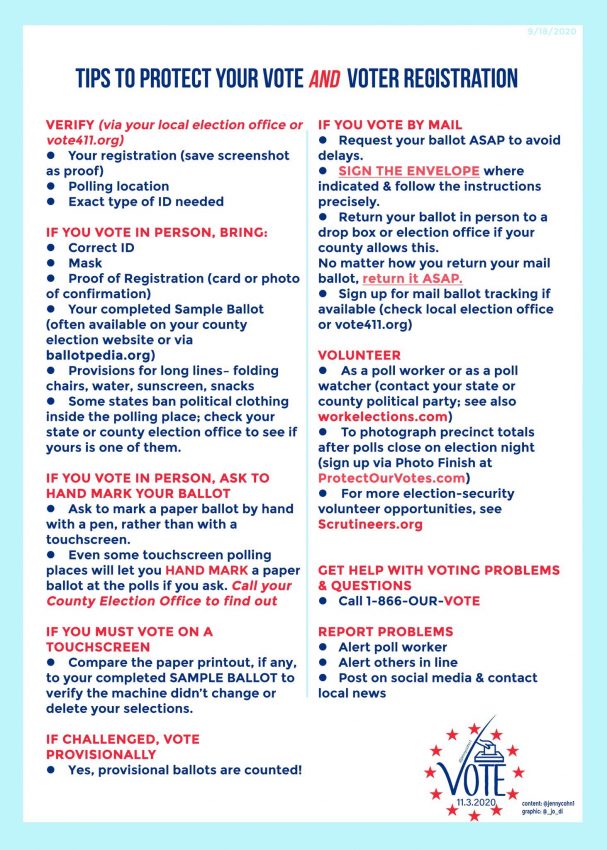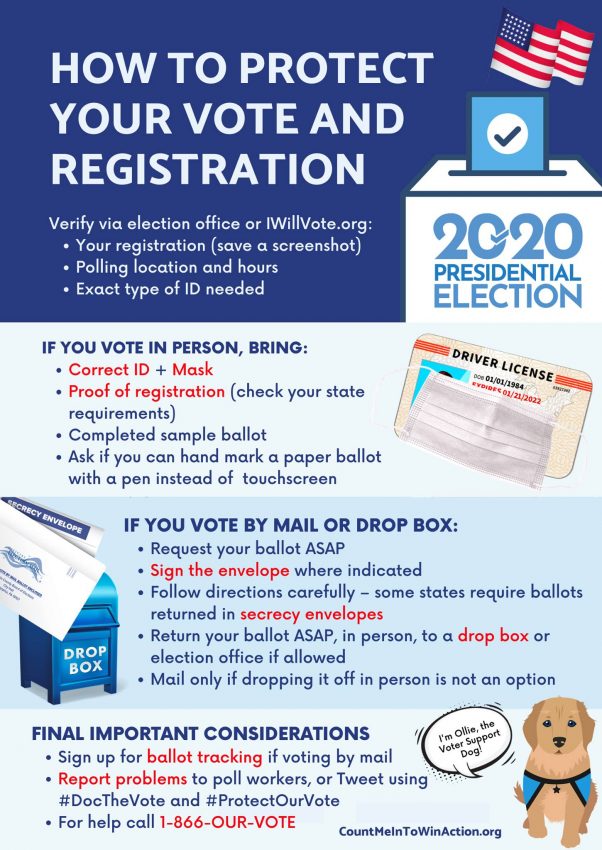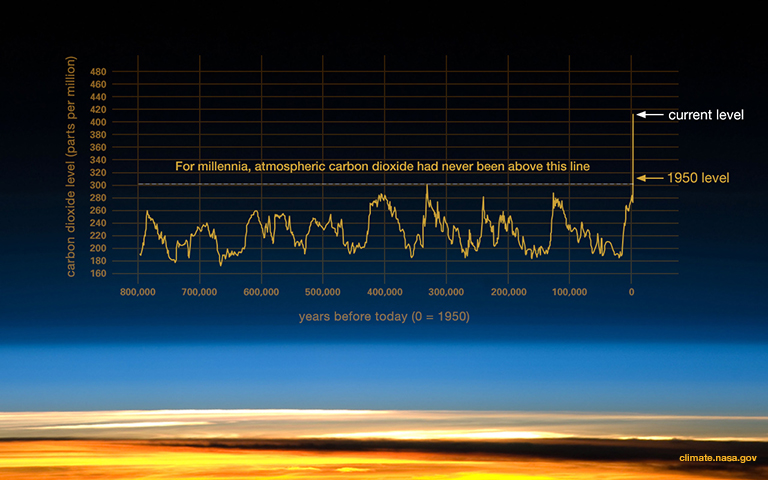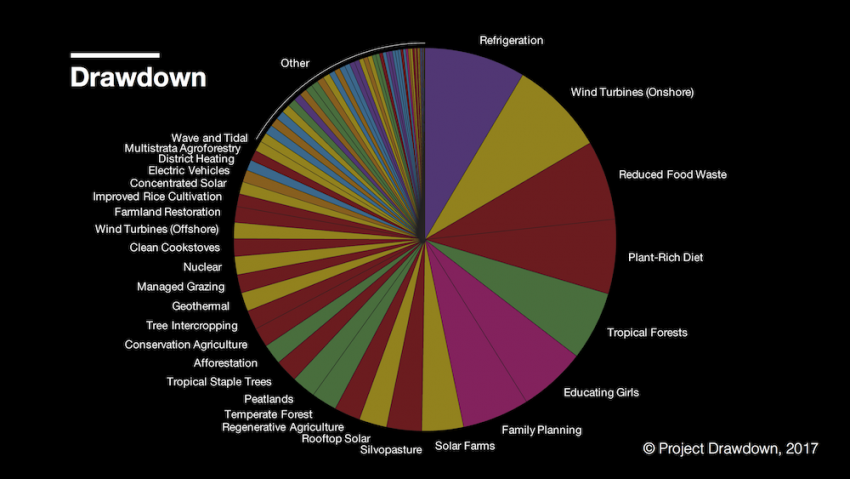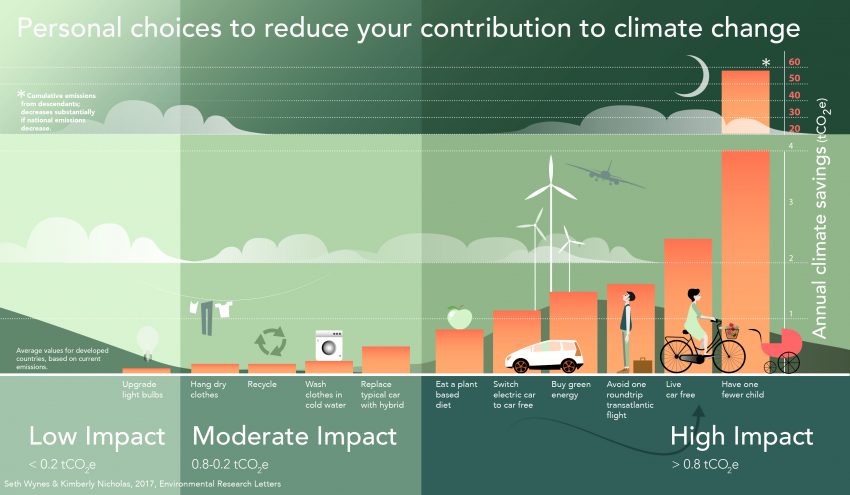I have noticed that animal protection and animal rights are issues that unite people of many different backgrounds and political stripes (even more so than a love of nature or a desire to protect the environment). Most people recognize that we humans are animals too, and many people understand that all living beings have inherent value and should have the right to live and thrive.
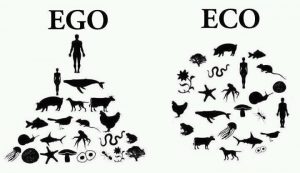
Personally, I believe that other species have as much of a right to exist, live, and thrive as humans do. I do not feel that my life has greater importance or value than the lives of other creatures. I also do not believe that other animals are here for us; they are here with us (and many species were here long before us), and they are not ours to use, abuse, commodify, cage, or exploit. Since they cannot speak for themselves or defend themselves against people (and our various types of weapons and threats), I do think it is our responsibility to try to protect them from other humans who do them harm.
Animals of all kinds—wild and domestic—face a wide variety of threats (to their survival, health, and well-being) from humans, including:
cruelty, abuse, domestic violence, neglect, exploitation and captivity (for human entertainment), factory farming, inhumane slaughter, over-hunting, poaching, trapping, trafficking, poisoning (e.g., rat poison and pesticides/herbicides; water, soil, and air pollution; plastic waste/pollution; intentional poisoning e.g. cyanide poisoning of elephants’ watering holes), widespread habitat destruction (e.g. from deforestation, development, agribusiness e.g. cattle grazing and crop plantations, mining, and road-building), medical research, animal testing (for products e.g. cosmetics), injury or death from vehicles or buildings (e.g., getting hit by cars or planes, birds flying into windows), and the overarching problem that affects all species including our own: climate change (extreme and volatile temperatures, drought; loss of food sources; extreme storms/hurricanes, flooding, fires, etc.)
Between 1970-2012 (in just over 40 years), humans have wiped out about 60% of the earth’s mammals, birds, fish, reptiles, and amphibians, according to WWF’s Living Planet report of 2018. (As the human population has increased, wildlife populations have decreased, by similar degrees. Over that same time period (1970-2012), the world population of humans almost doubled, growing by approx. 3.5 billion people to more than 7 billion people. In 2020, we’re now approaching 8 billion.) The WWF study also found that freshwater wildlife populations have decreased by 83%, and extreme deforestation in South and Central America has led to a wildlife decline of 89% in that region. During the past 12,000 years of human civilization, humans have killed almost half of the trees on earth; around 15 billion trees are cut down each year (source). When we destroy animals’ habitat, we are destroying living beings and biodiversity. This not only creates a bleaker world in which to live; we are also destroying our own cousins and our shared life support systems.
“The greatness of a nation and its moral progress can be judged by the way its animals are treated. …I hold that the more helpless a creature, the more entitled it is to protection by man from the cruelty of man.”
– Mahatma Gandhi
Below is a listing of some of the many organizations that advocate for animals. They include animal rights, welfare/protection, conservation, rescue and rehabilitation, and refuge/sanctuary groups. Some are focused primarily on wildlife (including threatened or endangered species, or biodiversity), while others are focused on domesticated / companion animals (e.g. pets) or farmed animals. And a few do work that addresses all of the above. I have mostly included groups with a national (U.S.) or international scope, but there are many local and regional community-based groups for animals (in particular rescue groups that serve a local area), as well. I encourage you to do an online search to identify and support the ones in your region. Also follow our Twitter list of animal protection groups.
Organizations are listed below under the categories: General/Broad-based; Biodiversity; Farm Animals (and Humane Eating); Wild Animal Sanctuaries; Anti-Poaching and -Trafficking; Species-Specific (elephants, wolves, marine animals, primates, donkeys); Disaster Response/Rescue; Anti- Animal-Testing/Research/Experiments; Petitions; Books, Films, Audio, Videos; and Other Resources. And at the end, you will see More Quotations and Related Posts.
Note: This listing is not comprehensive. Also, I cannot vouch for the effectiveness or integrity of every group listed here (i.e., being listed does not necessarily constitute an endorsement). I will periodically add more links to the listing as I learn about other interesting groups. Please feel free to recommend additional groups in the Comments section.
General / broad-based animal rights and welfare groups
Biodiversity groups
These groups focus on broad issues that affect wild animal populations, such as habitat conservation, wildlife and endangered species protection, biodiversity, rewilding, and climate.
Also see the Anti-poaching category below.
And see the land/habitat conservation groups listed in our post Sustainable Land Use and Land Stewardship.
Organizations that work to protect and preserve wilderness (including intact forests and other wild lands) are thereby also preserving habitat for wildlife.
Farm animal groups and rescues/sanctuaries
There are many animal rescues and sanctuaries all over the country and the world. The following list is just a small selection of them that provide safe places for farm(ed) animals. Do a search to find the ones in your area, and see if you can go on a tour, or donate / sponsor (“adopt”) an animal:
- Gentle Barn, MO, TN, and CA
- Farm Sanctuary, NY and CA
- Hope Animal Sanctuary, MS
- Barn Sanctuary, MI
- Wild Earth Farm and Sanctuary, KY
- Lighthouse Farm Sanctuary, OR
- Wildwood Farm Sanctuary & Preserve, OR
- Animal Place, CA
- Rancho Compasión, a farmed animal sanctuary, CA
- Goatlandia Farm Animal Sanctuary, CA
Humane eating/meat standards:
Some would (maybe rightly) argue that there is no such thing as “humanely” raising or slaughtering (or hunting) animals for meat. I have included vegetarian/vegan resources here, as well as information about the various “humane” standards and certifications for meat producers. While I believe the choice to be vegan or vegetarian is admirable and ideal, the reality is that most humans have been and continue to be carnivores (omnivores), and I don’t think that people can be shamed out of meat-eating. Non-dogmatically-presented information and education can help, and more people are moving towards a low-meat, more humanely-raised-meat, or no-meat (or dairy) diet, but those are choices that each person comes to based on their own personal convictions and experiences.
Wild/large animal sanctuaries
There are many others. To find others, check out this listing of accredited sanctuaries.
Also see the sanctuaries for specific species, e.g., elephants, wolves, donkeys, etc., listed under “Species-specific groups,” below.
Anti-poaching, -trafficking, -wildlife-crime groups
Species-specific groups
The following is a small selection of the many groups that focus on particular species:
Elephants:
(Also see the Anti-Poaching groups listed above, which help protect elephants as well as other animals. And see the films Love and Bananas, and Last Days of Ivory.)
Wolves:
Marine animals:
Find other marine animal rescue groups here (a listing). And see the films The Cove and Blackfish.
Primates:
Donkeys:
Big cats:
Disaster response/rescue groups
Do an online search to find out if there’s some type of Animal Disaster Response group, such as an Animal Response Team (e.g., “State Animal Response Team” (SART) or “Community/County Animal Response Team” (CART)) established in your state, county, or city/town. If there isn’t one, consider organizing people to start one in your area, to help rescue pets, horses, livestock, and other animals during disasters.
Anti- animal testing/research/experiments groups
Petitions
Many of the organizations listed in the first section and in other sections of this post create their own petitions or letters that you can sign on to. Sign up for some organizations’ mailing lists, and check their websites’ Action-related sections.
Also see these websites:
And you can also check these other petition sites, which sometimes have animal-related petitions.
Books, Films, Audio, Videos, Podcast
Books:
- Our Wild Calling: How connecting with animals can transform our lives—and save theirs, by Richard Louv
- Beyond Words: What Animals Think and Feel, by Carl Safina
- An Immense World: How Animal Senses Reveal the Hidden Realms Around Us, by Ed Yong
- The Sixth Extinction: An Unnatural History, by Elizabeth Kolbert
- The Great Animal Orchestra, by Bernie Krause
- Sy Montgomery’s books, including Tamed and Untamed; The Soul of an Octopus; How to Be a Good Creature; etc.
- Jane Goodall’s books
- Animal Wise: How We Know Animals Think and Feel, by Virginia Morrel
- In Defense of Animals: The Second Wave, edited by Peter Singer
- Peter Singer’s books: The Ethics of What We Eat, and Animal Liberation
- Righteous Porkchop: Finding a Life and Good Food Beyond Factory Farms, by Nicolette Hahn Niman
- Feral: Rewilding the Land, the Sea, and Human Life, by George Monbiot
- Half-Earth: Our Planet’s Fight for Life, by Edward O. Wilson
- Other books on animal rights
Films:
Audio (natural/animal sounds):
Videos / social media:
Other Resources
Find wildlife rescue/rehabilitation centers in your state or county (and here’s another directory) — places that help treat orphaned, sick, or injured wildlife
Wildlifeel at Home: A conservation-based home design/build studio
Find domestic animal rescues/shelters for pet adoption near you
Dog Food Advisor (including pet food Recall alerts)
Dog Food Analysis
House Rabbit Society
Also see/follow our Twitter list of animal protection groups.
More Quotations
“We can judge the heart of a man by his treatment of animals.”
— Immanuel Kant
“What is man without the beasts? If all the beasts were gone, men would die from the great loneliness of spirit. For whatever happens to the beasts, soon happens to man. All things are connected.”
– widely attributed to Chief Seattle (but it actually seems to have been written or adapted by the screenwriter for the 1972 film Home)
“Our task must be to widen our circle of compassion to embrace all living creatures and the whole of nature in its beauty.”
— Albert Einstein
“We are forever responsible for that which we have tamed.”
– Antoine de Saint-Exupery
Related posts:
- Flea and Tick Treatments that Won’t Poison Your Pet
- Extreme Heat Health, Safety, and Survival: Tips for Helping People, Other Animals, and Plants
- Sustainable Land Use and Land Stewardship
- Re-Tree the World
- The Most Effective Climate Strategies
- Climate Solutions, Tips, and Resources
- Sustainable Agriculture, Farming, Food-Related Resources
- Law Groups and Legal Frameworks for the Common Good
- A Few Good, Green Groups: Sustainability Organizations
- Natural Mosquito Control
- Get Ready, Be Ready: Tips for Emergency Preparedness and Disaster Response
- Our Tinderbox World: Wildfire Prevention and Risk Reduction
- State by State Voting Information
July 8, 2020
